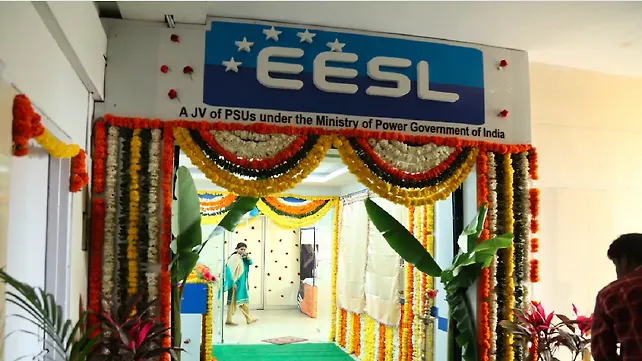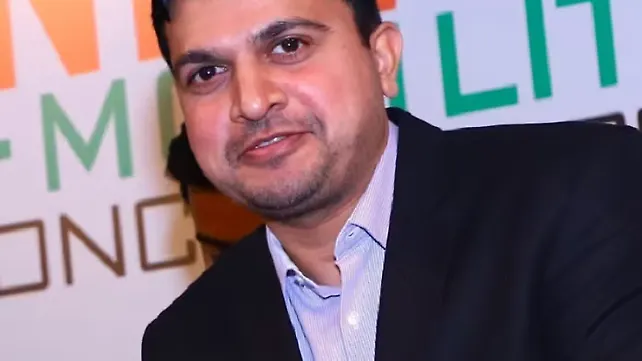
In a bid to address problems pertaining to electric vehicle (EV) finance in India, Convergence Energy Services Limited (CESL) is looking to onboard NFCS and financial institutions eager to offer finance options for EVs in India. A wing operating under the aegis of Energy Efficiency Services Limited (EESL), CESL aims to become the link between individuals and institutions looking for EV finance and organisations ready to finance EVs in India.
At present, the organisation is only looking towards the electric three-wheeler segment as it believes there would be a strong demand for these in India in the coming times, noted N Mohan, Head - EV Charging Infrastructure, CESL, during a conversation with Mobility Outlook. CESL gives financial institutions the choice of either owning EVs or financing them for individuals and organisations.
'We see the weakest link in electric mobility is the EV financing. Hence, we are trying to bring in more financing organisations to help customers availing financing for acquiring the electric three-wheelers,' Mohan said. He added, 'The financing works both ways; if an individual wants to get an EV financed, he could do so via the financing partners collaborating with us. Secondly, there are also cases where the financing organisations own the assets (EVs), and the same are given on-lease to interested parties.'
Electric three-wheelers are witnessing much traction from the logistics and people transport sectors. It was in May 2022 that the sales of electric three-wheelers surpassed the sales of petrol, diesel, and CNG-powered three-wheelers in India. Data sourced from Vahan Portal and the Federation of Automobile Dealers Association (FADA) of India points out that against 18,187 ICE three-wheelers sold in May 2022, 23,321 electric three-wheelers sold in the same month.
A report published by NITI Aayog and Rocky Mountain Institute has pointed out that between 2020 and 2030, the estimated cumulative capital cost of the country’s EV transition is INR 19.7 lakh crore across vehicles, charging stations, and batteries. The projected size of the annual loan market for EVs will be INR 3.7 lakh crore by 2030. The need of the hour, as per the report, is the mobilisation of capital and finance towards EV assets and infrastructure.
CESL, following suit, is acting as an aggregator of electric three-wheelers, and in the process, it has been able to source these at costs 15% to 20% lower than the market rates. Mohan explained that the same has been possible because of the bulk aggregation CESL does.

Everything About EVs Under One Platform
To make it easier for consumers looking to invest in EVs, CESL is also working on a digital platform that will house all the information about every EV available in India. This CESL digital platform about EVs will help consumers to connect with finance organisations operating in the vertical of EV loans. The same platform will also help consumers know how much subsidy they can avail themselves of in case they buy an EV.
'There's been a digital platform we are working on and are building to give more informed choices to the potential EV customers in India,' Mohan said. The same platform, one operational in full swing, will complement all the efforts made by CESL to increase EV adoption in India.
The digital platform will also have information about the location of charging stations and battery swap points in India. Mohan shared that both EV charging and battery swap stations will coexist in the country, and the usage of the two will depend on the needs of the individual and the type of electric vehicle. 'There is no common EV charging technology that can be implemented across all verticals of e-mobility,' he said.
CESL, having set up over 500 charging stations in India, is now exploring a new business model for setting up more battery swap stations and charging stations in the country. Instead of bringing in the complete investment required for setting up a charging station, the organisation is exploring what it calls a 'partnership model.' Mohan also referred to the same as CESL's asset light model.
EV charging technology providers will be identified under this model, and they will be given access to locations to set up EV charging infra (charge points or battery swap stations). The location owner, infra setup company and CESL will then share revenue based on the contract the parties have signed.
'This model has been rolled out by CESL and now we are planning to expand the charging stations along the highways and the expressways,' concluded Mohan.